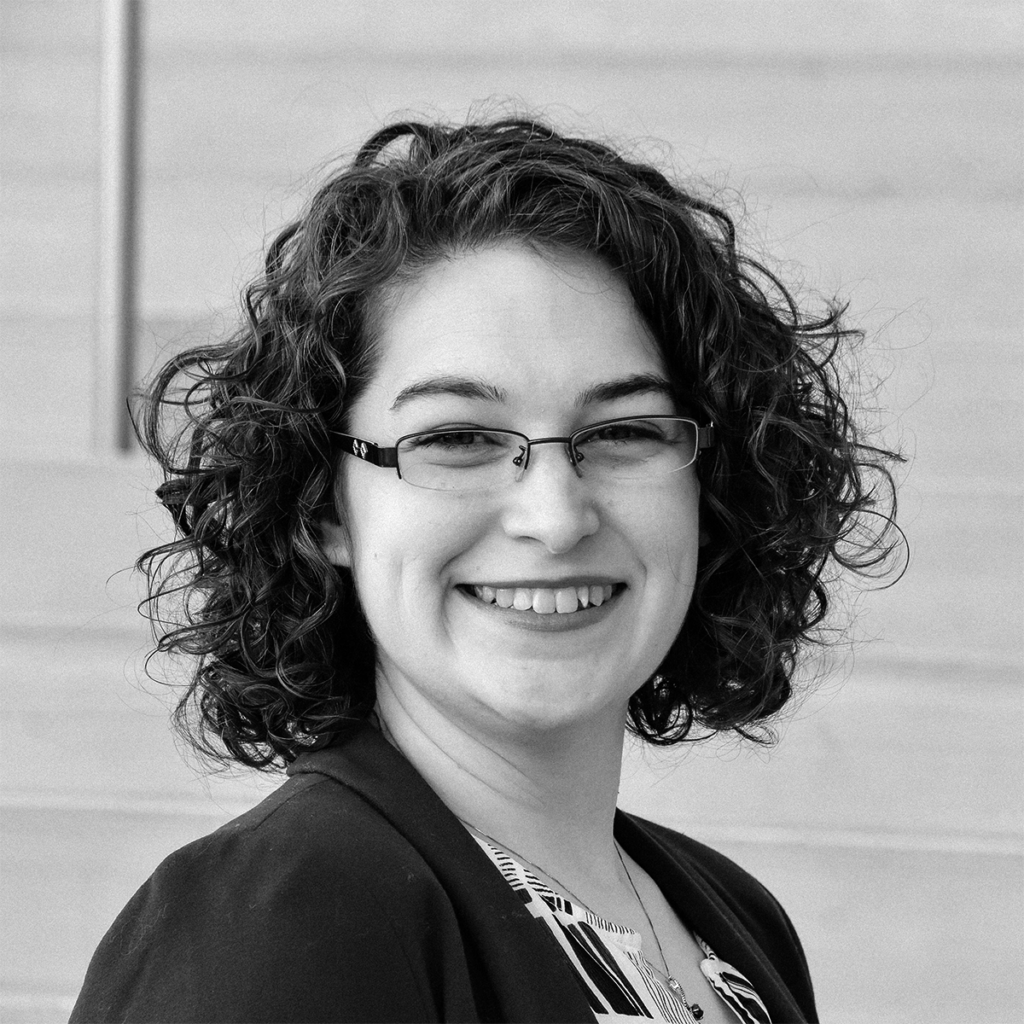Ashley Manning-Berg was recently nominated to the GeoScienceWorld Board of Directors and began her term in January. Ashley’s insights, experiences, and contributions to the geoscience community made her stand out in a field of highly qualified applicants. In today’s post, we asked Ashley to share a bit of her story.

Congratulations on your new board position with GSW! Please tell us about yourself and how you decided to become a geoscientist?
I am a sedimentologist working at the University of Tennessee at Chattanooga. My path to geology was different from most. I was never interested in rocks as a kid, and I didn’t like the outdoors. However, I did want to be a teacher and I had a passion for space exploration which eventually led me to geology (and a love of rocks and hiking).
A pivotal middle school experience at a NASA Challenger Center, where my mission control team handled a volcanic emergency to safely land a space shuttle, sparked my interest in combining teaching with science. I was amazed natural disasters could endanger missions and in awe of the NASA educators who made learning immersive. Later, in college, when I discovered that geology involves studying Earth and planetary surfaces, my path was set. I became involved in undergraduate research that involved documenting changes to microorganisms as they decomposed and comparing those changes to the microbial morphologies observed in the fossils from early Earth. My research has continued to investigate the conditions of early Earth and preservation to help determine what scientists should look for when searching for extraterrestrial life.
What are your areas of research?
My research investigates early Earth depositional and diagenetic environments and how they can serve as analogs for extraterrestrial environments. I use knowledge of sedimentological, geochemical, and geobiological processes and interactions in surface environments to address research questions. These techniques can be useful across geologic time and in industry.
How does your research translate to practice in industry today?
I utilized these same skills and techniques working as a Research Geologist with the Army Corps of Engineers; a role that exposed me to a diverse range of projects and highlighted the real-world applications of geoscience in addressing critical environmental and infrastructure challenges.
How does your current role as an Assistant Professor at the University of Tennessee, Chattanooga, a primarily undergraduate institution, influence your approach to teaching geoscience?
It was the commitment of several of the professors I had as an undergraduate that helped ignite my interest in geology and ultimately led to my desire to teach at a PUI. Many of my students are first-generation college students. This experience has given me valuable insights into the educational aspect of our field and allowed me to witness the challenges faced by young geoscientists. I employ best-practices for teaching geoscience to all students so that I can produce effective, well-rounded geoscientists. For those not majoring in geoscience, I aim to produce well-informed citizens who recognize the societal value of geosciences.
What motivates your interest in serving as a board member for GeoscienceWorld?
My experience in academia and government research has given me a well-rounded perspective on the opportunities and challenges facing the geosciences and the interdisciplinary nature of my research allows me to cross-cut traditional geoscience boundaries and identify valuable collaborations and opportunities. As an early career scientist, I am looking for ways to be involved in, and contribute to the professional societies. I look forward to the opportunity to further advance the goals and initiatives of GeoScienceWorld.
